Valcor Plus Film Coated Tablet 160 Mg/12.5Mg
Valcor Plus emerges as a potent tool in the battle against high blood pressure, a condition that demands meticulous management. This film-coated tablet is a fusion of two active ingredients, Valsartan and Hydrochlorothiazide, orchestrating a symphony of precision to bring blood pressure under control1.
| Dosage form | |
|---|---|
| Pack size | |
| Potency | 160 Mg/12.5Mg |
| Manufacturer | |
| Origin | |
| Generic Name (Ingredient) | Each Film-Coated Tablet Is The Active Ingredient; Contains 160 Mg Valsartan And 12.5 Mg Hydrochlorothiazide. |
Assuming your emergency circumstances for this product, visit Urgent Quotation page. Besides, for any pharmaceutical questions, please ask us in the comments section.
Description
Active Ingredients
The heart of Valcor Plus resides in its active components. Comprising 160 mg of Valsartan and 12.5 mg of Hydrochlorothiazide, this formulation signifies a union of pharmacological prowess. Valsartan, an angiotensin receptor blocker (ARB), channels its efficacy toward the relaxation of blood vessels, enabling a smoother flow of blood.
On the other hand, Hydrochlorothiazide, aptly termed a “water pill” or diuretic, commands the body to release excess salt and water through increased urine production.
Pioneering Precision
Valcor Plus sets its sights on high blood pressure, embarking on a mission to safeguard against the perils of strokes, heart attacks, and kidney complications. By offering a solution for hypertension unresponsive to monotherapy, this medication stands as a beacon of control.
Dosage and Administration
Valcor Plus unveils its potency through a prescribed journey. The recommended dosage entails the consumption of one film-coated tablet daily, unless directed otherwise by a medical professional. The dosage aligns with the patient’s medical condition and response to treatment, offering tailored control.
To mitigate the need for nocturnal interruptions due to increased urination, it is advisable to take the medication at least four hours before bedtime1. Whether embraced with or without food, the potency of Valcor Plus remains unyielding.
Contraindications
While Valcor Plus stands as a beacon of hope, it is not devoid of limitations. Those with a known hypersensitivity to Valsartan, Hydrochlorothiazide, other sulfonamide-derived medicinal products, or any element within Valcor Plus, should approach with caution.
Pregnancy marks another crucial contraindication, and it’s important to note that Valcor Plus is also contraindicated in patients with anuria and certain medical conditions2. Refractory hypokalemia, hyponatremia, hypercalcemia, and symptomatic hyperuricemia warrant vigilance when considering this medication.
Side Effects
In the journey with Valcor Plus, it’s pivotal to grasp the potential side effects, although not everyone may encounter them. These effects may include headaches, dizziness, flu-like symptoms, stomach pain, decreased blood pressure, diarrhea, back pain, cough, and increased creatinine levels.
However, variability in response is inherent, and individual experiences may diverge. Should you encounter any of these side effects, engaging in dialogue with your healthcare provider is essential.
How Does Valsartan Work?
Valsartan stands as a key player in the quest to manage high blood pressure and heart disease. By disrupting the binding of angiotensin II to the AT1 receptor, found within diverse tissues like blood vessels and adrenal glands, Valsartan catalyzes arterial dilation, ultimately leading to lowered blood pressure.
This process culminates within two to four hours post-dosing, with substantial blood pressure reduction typically surfacing within two weeks. The pinnacle of blood pressure-lowering efficacy is realized around the four-week mark.
Delving into the Enigma: Can Valsartan Cause Weight Gain?
Weight gain often raises concerns, but it’s essential to discern the facts. While not a common side effect, Valsartan has been associated with weight gain, especially in individuals already grappling with excess weight. Nevertheless, most individuals maintain their usual body weight while on this medication.
In instances where weight gain is notable, it could be linked to kidney-related water retention. As a rule of thumb, seeking counsel from your healthcare provider can illuminate the path forward.
Conclusion
Valcor Plus paints a portrait of precision and control, unfurling as a formidable ally in the realm of high blood pressure management. Fueled by the dynamic interplay of Valsartan and Hydrochlorothiazide, this medication stands as a sentinel of vigilance, guiding individuals toward a future marked by regulated blood pressure. In a landscape where medical precision reigns supreme, the tone remains formal and the commitment resolute.
This article strives to stand as a pillar of information, offering a compass for those navigating the nuanced journey with Valcor Plus.
Use the form below to report an error
Please answer the questions as thoroughly and accurately as possible. Your answers will help us better understand what kind of mistakes happen, why and where they happen, and in the end the purpose is to build a better archive to guide researchers and professionals around the world.
The information on this page is not intended to be a substitute for professional medical advice, diagnosis, or treatment. always seek the advice for your physician or another qualified health provider with any questions you may have regarding a medical condition. Always remember to
- Ask your own doctor for medical advice.
- Names, brands, and dosage may differ between countries.
- When not feeling well, or experiencing side effects always contact your own doctor.
Cyberchondria
The truth is that when we’re sick, or worried about getting sick, the internet won’t help.
According to Wikipedia, cyberchondria is a mental disorder consisting in the desire to independently make a diagnosis based on the symptoms of diseases described on Internet sites.
Why you can't look for symptoms on the Internet
If diagnoses could be made simply from a textbook or an article on a website, we would all be doctors and treat ourselves. Nothing can replace the experience and knowledge of specially trained people. As in any field, in medicine there are unscrupulous specialists, differences of opinion, inaccurate diagnoses and incorrect test results.

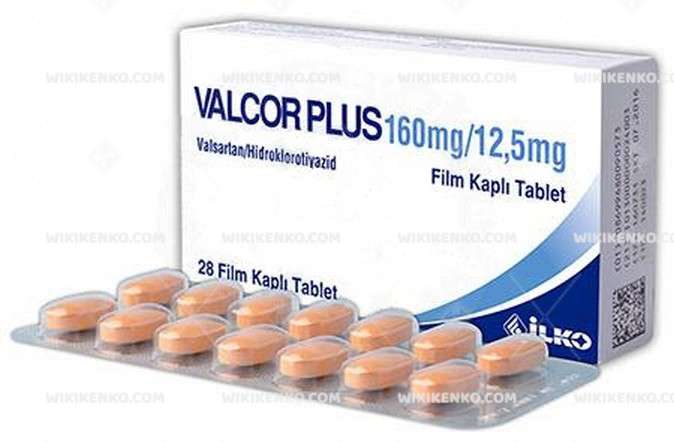
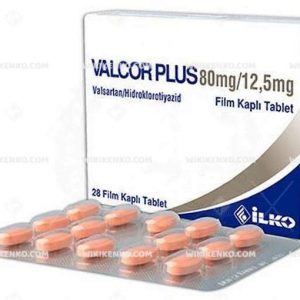
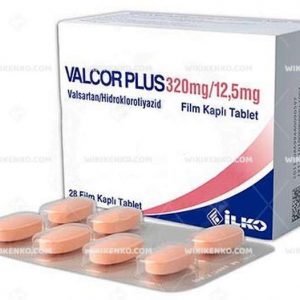
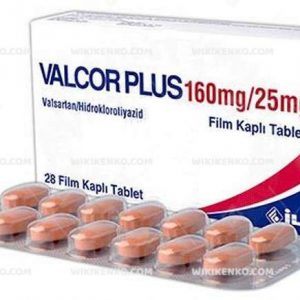
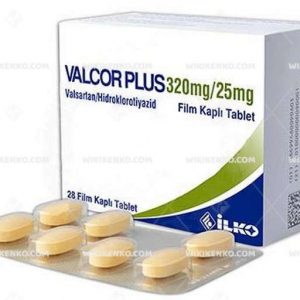

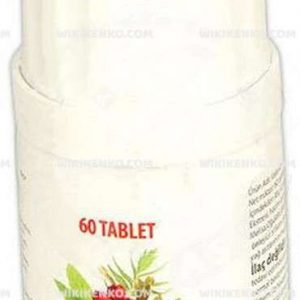
Reviews
There are no reviews yet.